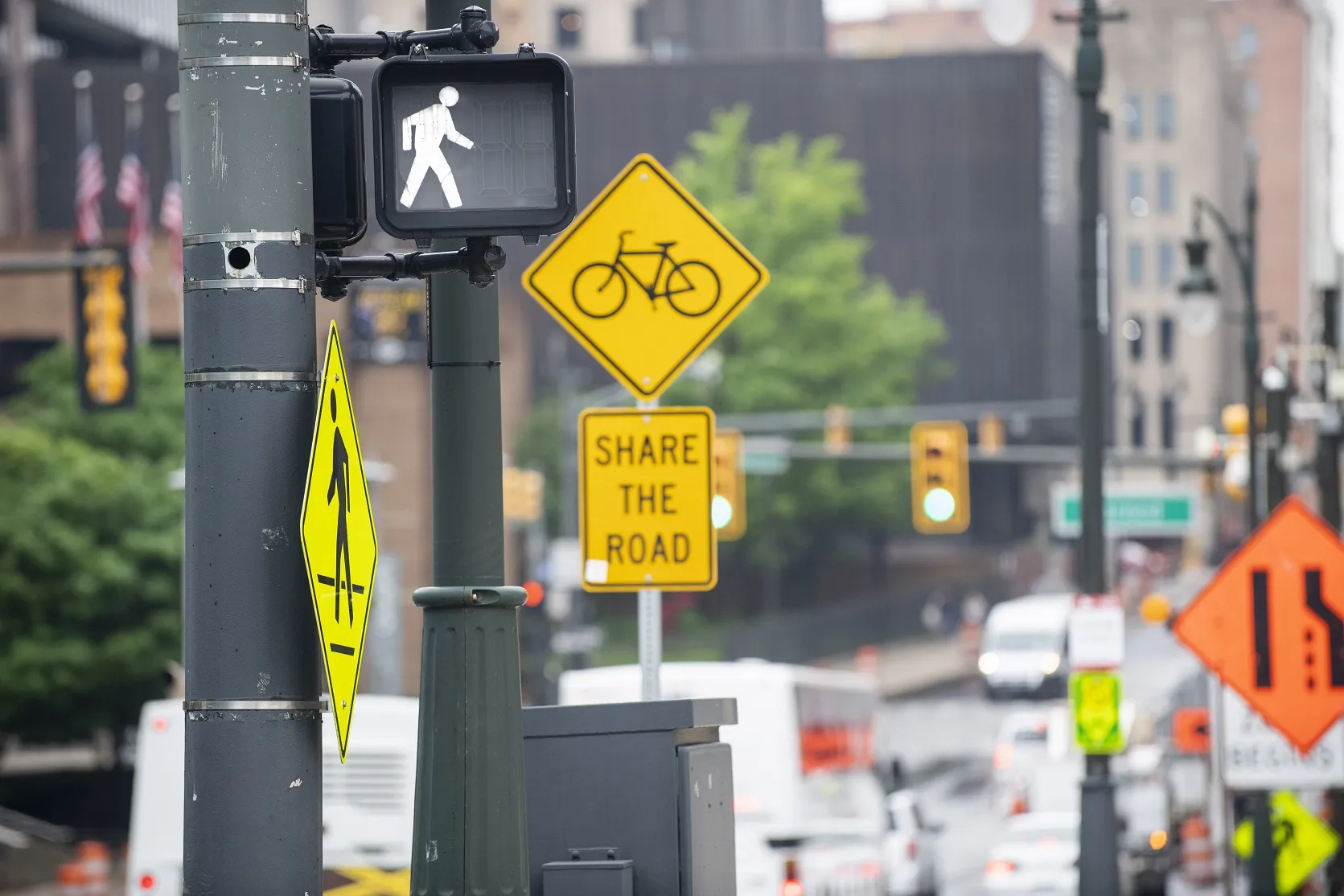Toyota Mobility Foundation (TMF) and Toyota Motor Thailand (TMT) will partner with Chulalongkorn University (Chula) on a pilot traffic and congestion management project on the heavily-congested Sathorn Road, Bangkok, Thailand.
The project, which will take an estimated eighteen months to complete, from April 2015 –to December 2016, and a US$3.4 million investment, will create a road map to manage traffic control and flow by focusing on four areas. These include the developing sustainable shuttle bus and p
April 27, 2015
Read time: 2 mins
The project, which will take an estimated eighteen months to complete, from April 2015 –to December 2016, and a US$3.4 million investment, will create a road map to manage traffic control and flow by focusing on four areas. These include the developing sustainable shuttle bus and park and ride schemes as a measure of traffic-demand control; designing information systems to quantify the benefits of multi-modality (or the regular use of multiple modes of transportation) to encourage people to change their behaviours; identifying bottle necks and evaluating measures by utilising a traffic simulation model; and optimising traffic signal operations by partnering with local police who now manage them manually.
Established in August 2014, TMF partners with non-profit organisations, research institutions and other organisations to apply Toyota's technological, safety and environmental expertise to mobility issues around the world, including addressing urban transportation challenges, expanding personal mobility for all people and inspiring the next generation of mobility solutions.
"The launch of the pilot program in Thailand brings us closer to our goal of advancing a true mobile society by helping people move, grow and explore in a world that is comfortable, safe and clean," said Akio Toyoda, chairman of the Board of TMF and president of Toyota Motor Corporation. "As global mega-trends like urbanisation, strains on resources and population shifts impact mobility, the Toyota Mobility Foundation aims to help communities evolve and people adapt to these changes."









